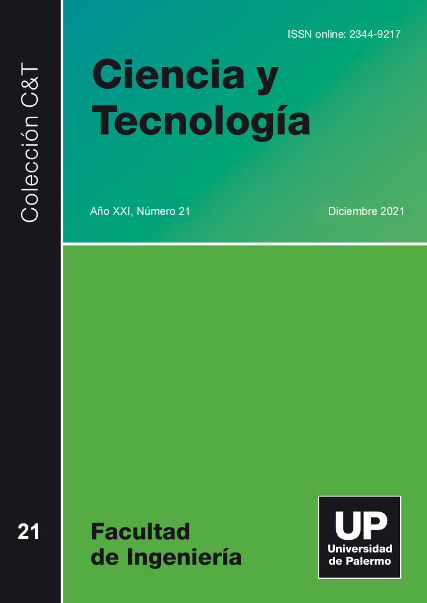Digital transformation for efficient remote project management
Abstract
The global crisis forced more than half of humanity into social isolation, causing Digital Transformation (DT) and Industrialization 4.0 to accelerate in organizations. We have reached a tipping point as this process will continue beyond the end of confinement.
In this presentation we will review how to materialize digital project management best practices to overcome the challenges of the changing ecosystem, optimizing our management of remote human capital effectively.
In a first part, we will analyze, from a theoretical perspective, how digital transformation helps in the management of the triple constraint in situations of distancing and optimizes the effort needed in process groups to obtain an efficient organization.
In a second stage we will look at the cases of the company ARPL and the institution SENACE. On the one hand, we will explore how this engineering company of the cement company UNACEM controls the budgeted hours; on the other hand, we will see how this public institution, attached to the Peruvian Ministry of Environment, meets the deadlines established by the national regulation without exceeding its resource capacity.
Downloads
References
Coutré, L. (2020). In a crisis, there’s no place like home: Pandemic forces many businesses and employees to embrace challenges of remote work. Crain's Cleveland Business,18.
Del Val Román, J.L. (2016). Industria 4.0: la transformación digital de la industria. Conferencia de directores y decanos de ingeniería informática, Universidad de Deusto. España.
Elleh, F. (2013). Software-enabled project management techniques and their relationship to the triple constraints. Capella University. ProQuest Dissertations and Theses.
Josafat, O. (2020). ¿Cuál es la mejor manera de leer la guía PMBOK? https://todopmp.com/cual-es-la-mejor-manera-de-leer-la-guia-pmbok/
Khahbro S., Ali T., Vighio A., Kharo Q., Moriyani M. (2020). Post Pandemic Project Management Key Skills and Challenges. Journal of Talent Development and Excellence, 12(3).
Mandel, A., Veetil, V. (2020). The Economic Cost of COVID Lockdowns: An Out-of-Equilibrium Analysis. Economics of Disasters and Climate Change. https://doi.org/10.1007/s41885-020-00066-z
Pollack, J., Helm, J., & Adler, D. (2018). What is the iron triangle, and how has it changed? International Journal of Managing Projects in Business, 11(2), 527-547.
Rajala, L. (2020). Distributive work gets a boost with its profile raised by the coronavirus, the remote workplace can be more fruitful. NH Business Review.
Savić, D (2020). COVID-19 and Work from Home: Digital Transformation of the Workforce. The grey journal, 16(2), 101-104.
Slotnisky, D (2016). Transformación digital: Cómo las personas y las empresas deben adaptarse a esta revolución. Buenos Aires.
The articles published in the journal Ciencia y Tecnología are the exclusive property of their authors. Their opinions and content belong to their authors, and the Universidad de Palermo declines all responsibility for the rights that may arise from reading and/or interpreting the content of the published articles.
The reproduction, use or exploitation by any third party of the published articles is not authorized. Its use is only authorized for exclusively academic and/or research purposes.









